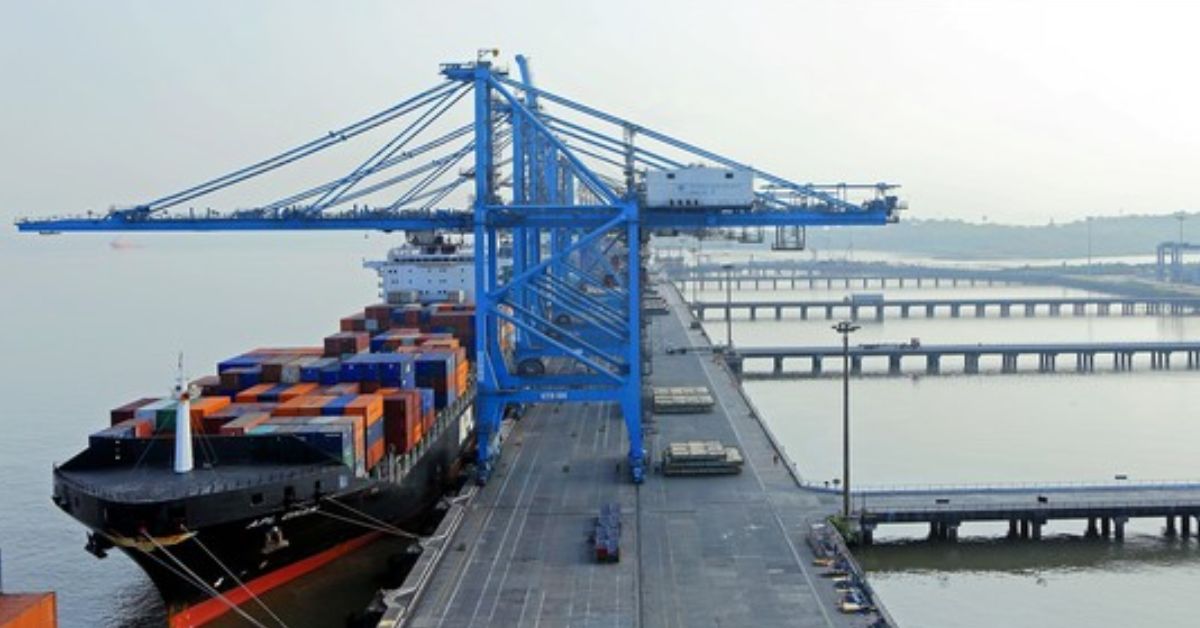Source: ET Infra
The settlement agreement was signed on 12 April between the parties which helped foreclose the contract.
The Settlement Agreement contains the amount to be paid to the EPC contractor, to the subcontractors and the timeline and the amount payable to the EPC contractor to be distributed among various agencies engaged by it.
JNPA will take up the balance works, the cost of which will be recovered from the EPC contractor.
JNPA will levy penalty for delay (Liquidated Damages) amounting to Rs 1,20,74,945 (Rupees One Crore Twenty Lakh Seventy-Four Thousand Nine Hundred Forty-Five) from the EPC contractor and subcontractor due to delay in completion of work as per provisions of the contract.
The PG (Performance Guarantee) for the period from the signing of the Settlement Agreement to the period of expiry of the Defect Liability period would be in the form of PBG/interest-bearing time deposit and would be provided by the subcontractors.
The penalty to be imposed on EPC contractor would be as per the EPC contract and compensation on breach would be in the form of monetary compensation, according to the Settlement Agreement.
“The Settlement Agreement is nothing short of a miracle,” said Unmesh Wagh, Chairman, JNPA. “What we have done is a big conciliation, a very complicated conciliation of our SEZ project,” he stated.
In January 2017, the port authority picked a joint venture between Backbone Enterprise Ltd, Tarmat Ltd and Al Fara’a Infraprojects Pvt Ltd to execute the EPC contract at Rs476 crores through a tender.
The work was to be completed by 14 February 2020, according to the EPC contract.
During the execution of the contract, the loan accounts of the EPC contractor with the Union Bank of India and Bank of Baroda, turned non-performing asset (NPA) due to which the EPC contractor could not infuse funds for implementing the project.
Subsequently, the GST number of the EPC contractor got deactivated and the entity become a “non-registered user”. Such an entity cannot collect or pay taxes nor raise any bills. Thus, the EPC contractor was technically unable to render any services and raise any bills towards supply of any services or goods.
As the EPC contractor and its sub-contractors failed to complete their contractual obligations and complete the works even after extension of time, the port authority terminated the contract in March 2022 which led to multiple commercial disputes with the EPC contractor, subcontractors and vendors.
In December, the parties referred the dispute to the Conciliation and Settlement Committee (CSC) headed by Gopal Krishna, former Secretary in the Ministry of Ports, Shipping and Waterways.
The CSC was set up by the Ministry for settlement of commercial disputes between public-private-partnership (PPP) operators, contractors, service providers and Major Port Authority.
The process of conciliation leading to the signing of the Settlement Agreement was a long-drawn affair which involved examination of many documents, required over 30 meetings with the officials of JNPA, PMC, stakeholders including EPC contractors, subcontractors, vendors etc and meetings of CSC.
On 5 March, the Board of JNPA approved the Settlement Agreement proposed by the CSC to settle the dispute with the EPC contractor, sub-contractors and vendors.
“A project that got stressed in the middle of construction, we could complete it successfully and also earn handsome money from it. We constructed it so well, it will be one of India’s finest SEZ and the best port led SEZ with huge prospects,” Wagh asserted.
The EPC contractor was hauled to the National Company Law Tribunal (NCLT), yet it closed successfully by taking care of all the players who helped in constructing it, he stated.
“This is a unique example that if a management can decide and convince the people and the trust they build in their stakeholders, it can achieve miracles. If the stakeholders and the government work towards a common goal with faith in each other and if the government shows some flexibility in its approach and processes, miracles can happen. Otherwise, this would have been a stressed project and the SEZ would have been a complete non-starter,” Wagh pointed out.
The SEZ, spread over 163 hectares, was operationalised in June 2020.
JNPA, Wagh said, has earned more than Rs2,000 crores by leasing plots to private firms to set up industries and is expected to garner further revenue of more than Rs1,000 crores when the balance land is leased. “Besides, we are getting huge cargo from the SEZ, and all the big companies want to come here,” Wagh added.







